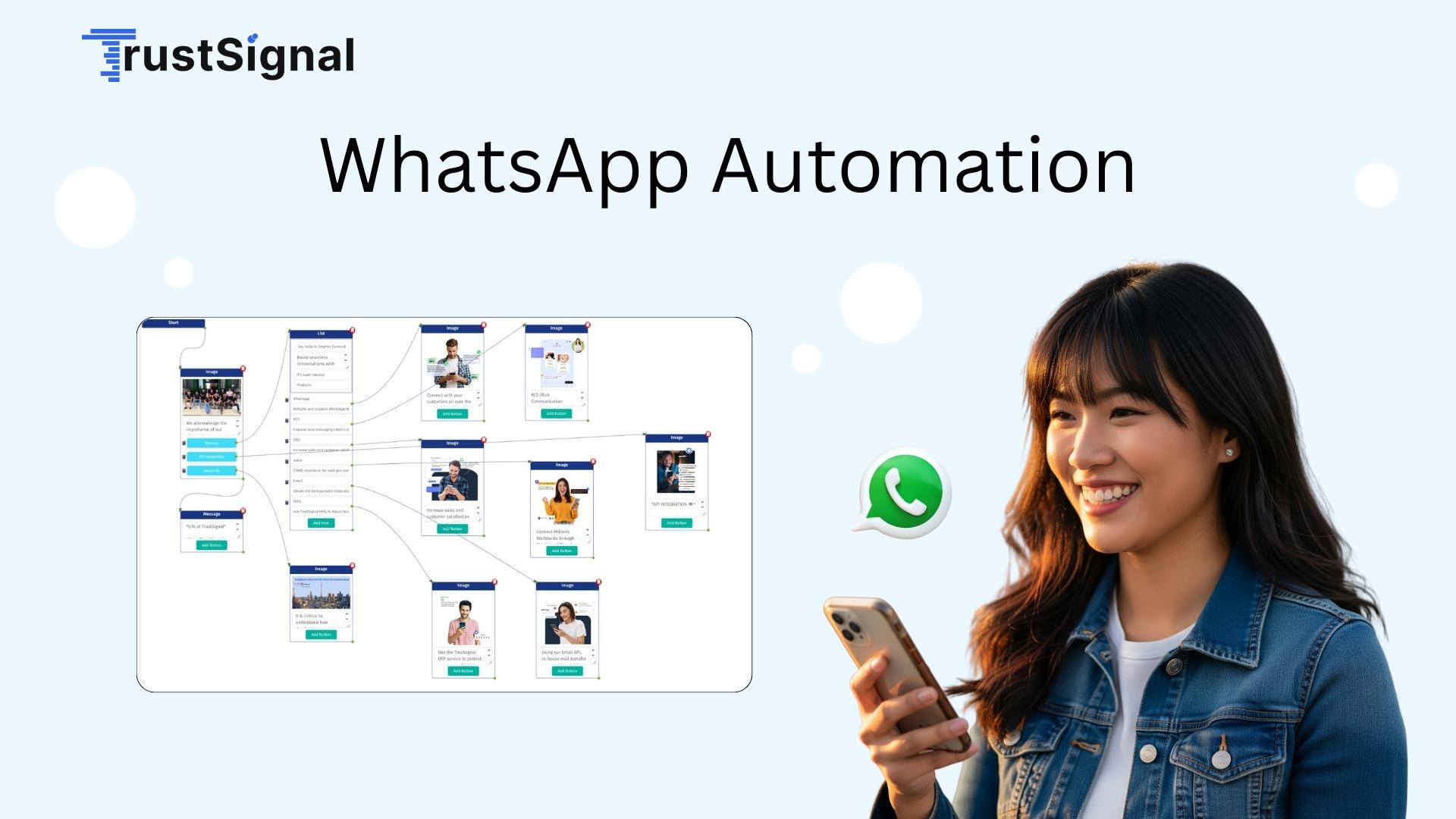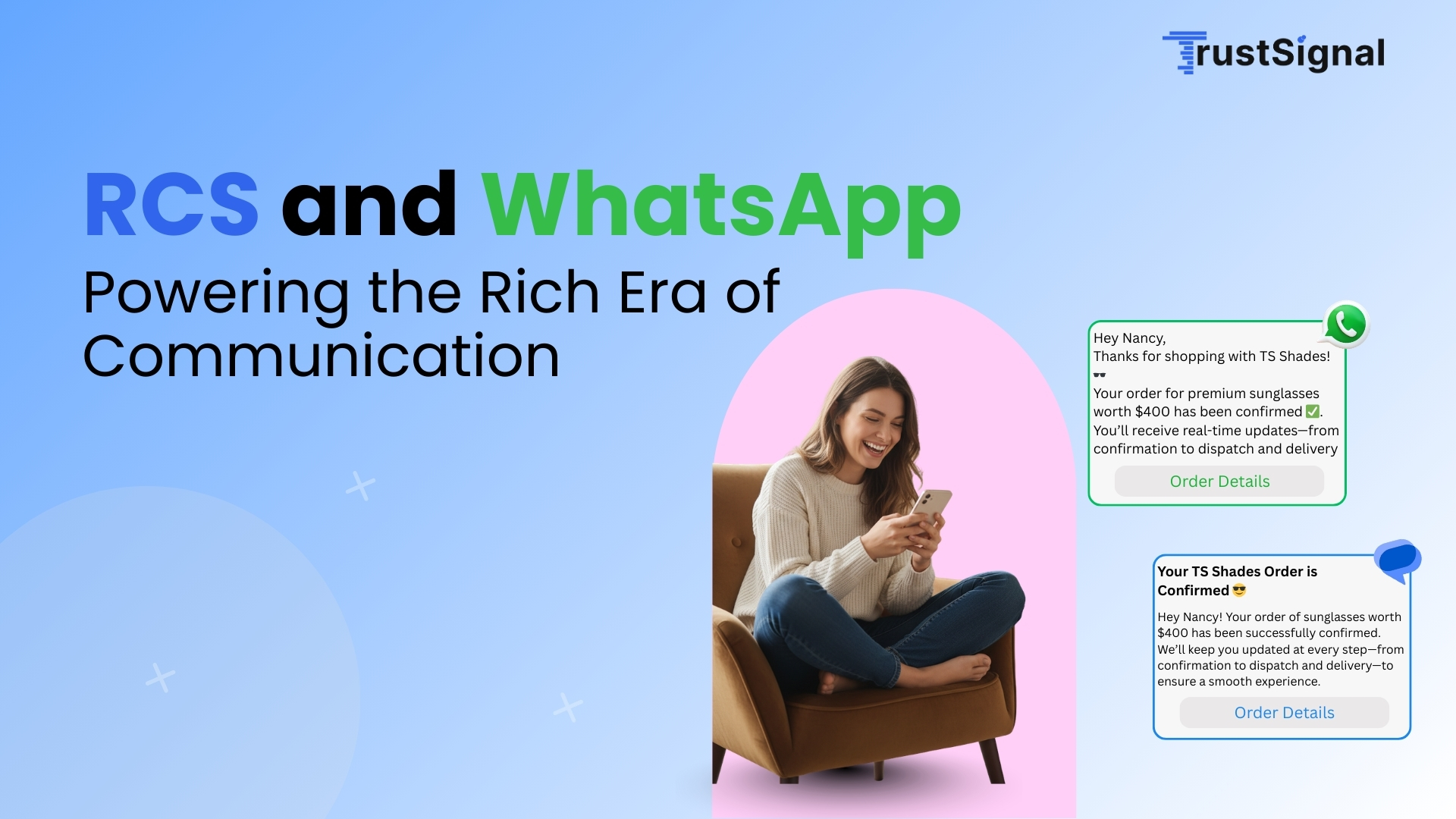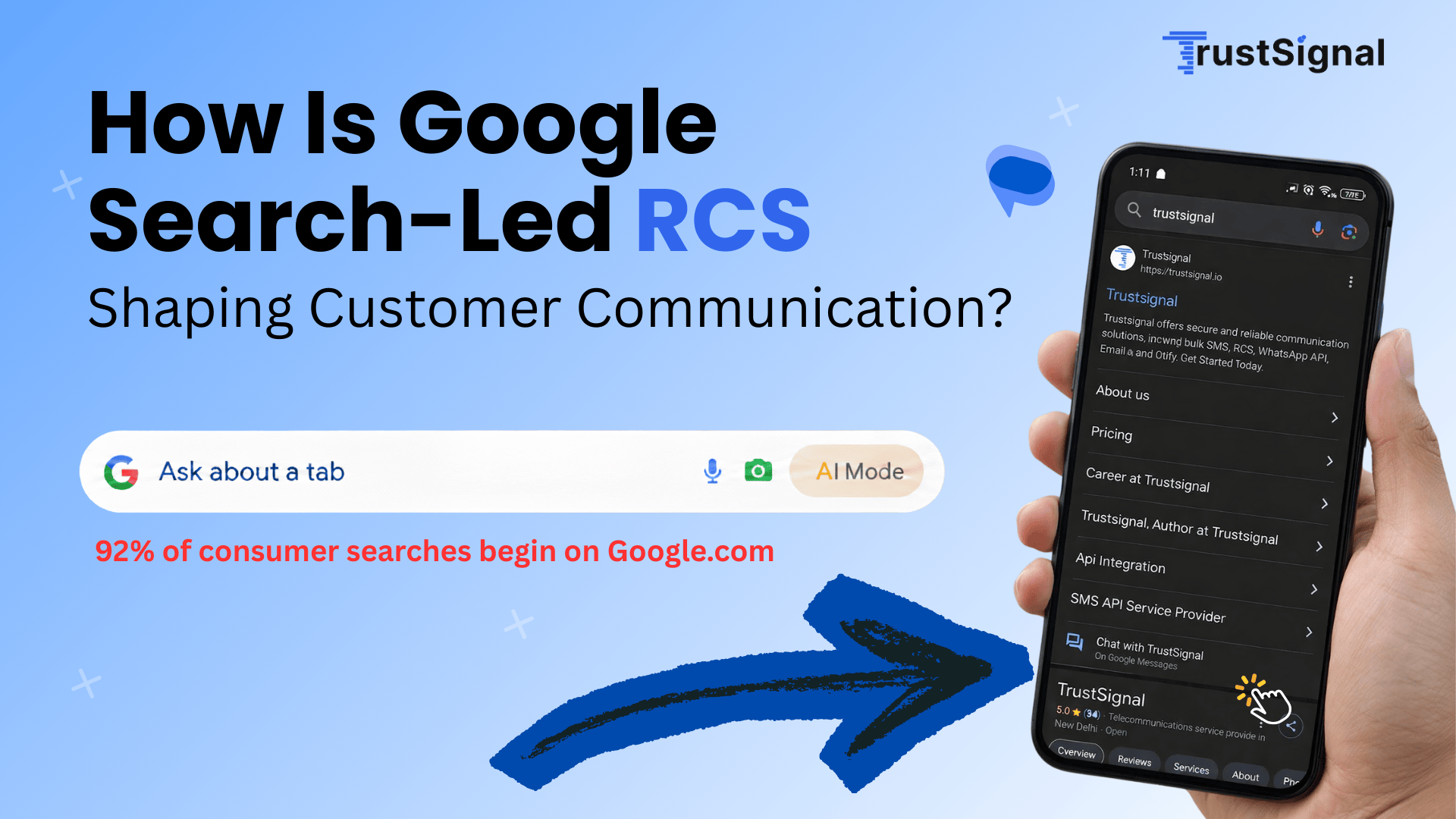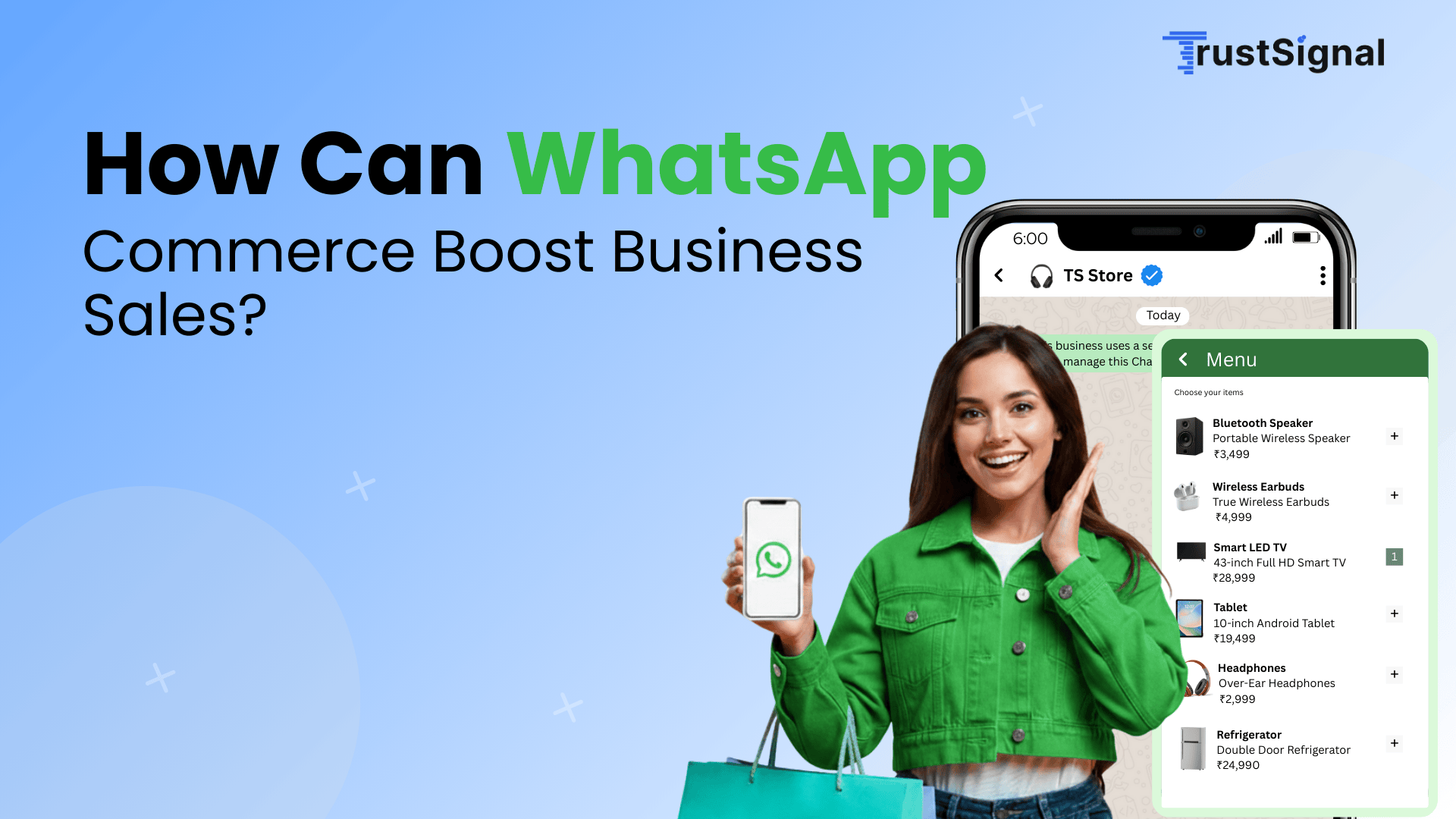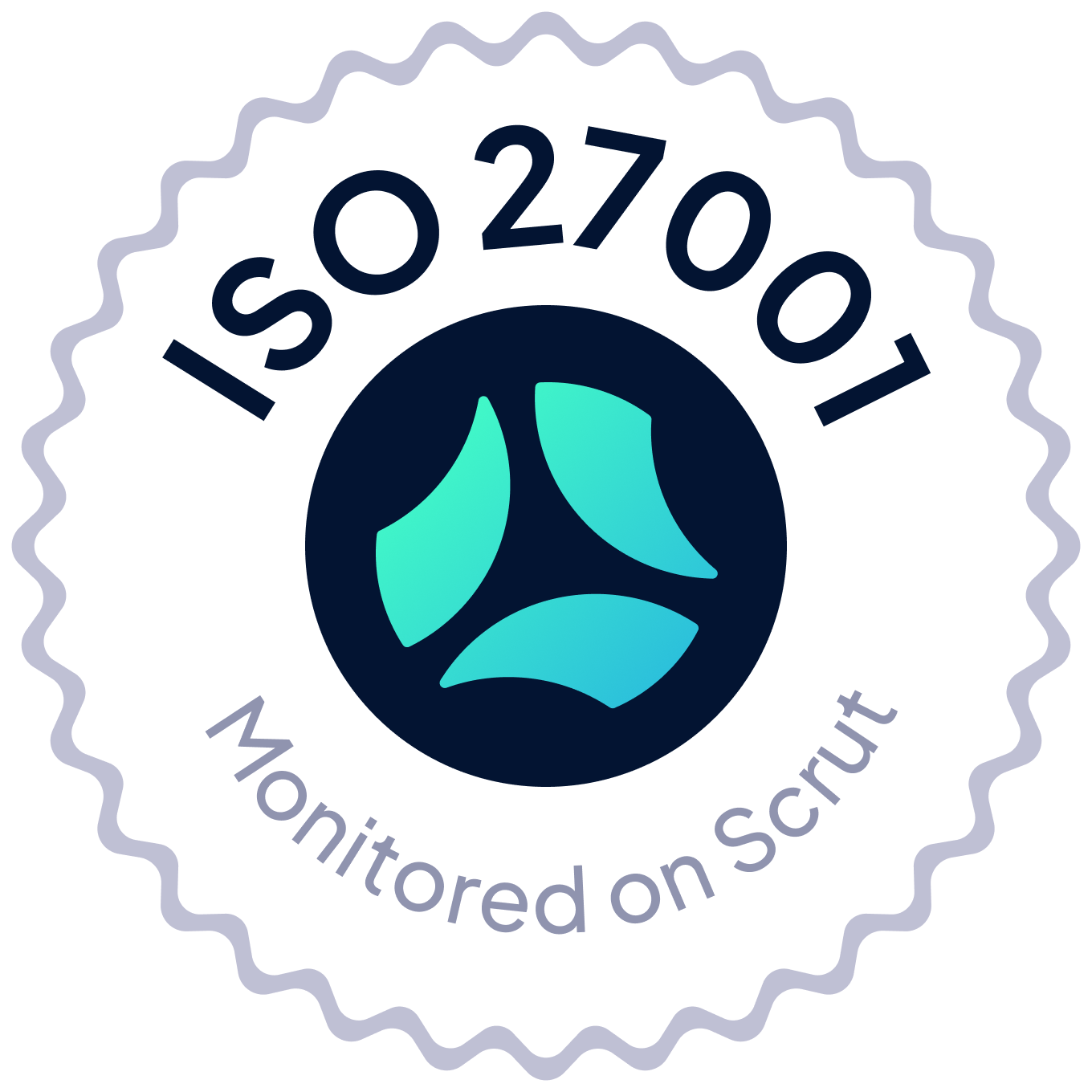What is WhatsApp Automation?
Putting it in a layperson’s language, WhatsApp automation helps businesses use tools or software to handle repetitive tasks on WhatsApp without any need for manual work. Basically, WhatsApp is a virtual assistant that works 24 hours and sends updates about abandoned carts and other reminders, and as for personal messaging. And to bifurcate the whole thing, we need to know what the types of WhatsApps are to begin with. So, there are three types WhatsApp:
- The Personal WhatsApp that we use for messaging our friends and family, also called the everyday WhatsApp.
- WhatsApp Business app is the one that a small business can use since, with a small number of customers (50+) in your contacts, you can manually message them about reminders and other updates. Also, it separates your personal chats from your business ones.
- WhatsApp Business API is a technical tool that connects your existing business software, like CRM or Marketing platform, to connect with WhatsApp. A big brand with over 500 customers uses this tool, as this takes messaging to a much easier and seamless level.
Why is WhatsApp Automation Important?
Since the level of urgency among people has been quite tight since Covid hit us, we all know how timely communication has been a lifesaver for all of us. The same goes for businesses, too. When someone using your services doesn’t get a prompt response, he/she will surely switch to a service that provides better products and services along with a timely response to his/her queries. And the main thing, time is money! A good WhatsApp automation takes care of all this and ensures the availability and improvement of customer satisfaction, and helps close more sales, all while automating the backend.
Features of a WhatsApp Automation
WhatsApp Automation helps send faster, smarter, and more personalised messages to your customers, and that too on time. With this, you can easily automate key interactions, improve engagement, and create smooth support experiences for your customers. To explain this even better, we have below some of its most exclusive features to enlighten you:
1. Alerts and Notifications
This helps keep customers in the loop of the updates, for instance, the status of their delivery, whether it is packed yet or not, or if their issue has received an answer.
2. Quick Responses
You get to save time and energy with automatic messages that get sent when a corresponding query trigger, for example, bookings or the usual FAQs. This makes the conversations with your customers faster and builds the level of trust and security in their minds, too.
3. Action-Based Automation
Set up action-based automation as per what your customers have to say, for instance, sending a recorder link, order cancellation, or refund, without the need for extra help from someone else.
4. Service Automation
Easily handle customer service way faster and seamlessly, since there is no need to check message areas and carts manually. An “all in a go” way of responding to all the bulk queries sent by your customers.
5. Forms
Feedback forms, surveys, or questionnaires for your customers to share their feedback, which helps you understand what your customers need in a more comprehensive and elucidated way.
6. Chatbots and AI Agents
WhatsApp automation brings smart bots to automate all the tricky tasks like, tracking the order status, or focusing on answering the customer queries. All of the messages and answers are given by bots, the customer support team gets a little by this and they can concentrate on things that would need manual input.
How to Start with WhatsApp Automation?
Now that we’re here, let’s talk about some innovation. When it comes to WhatsApp Automation, the process is simpler than it sounds. Let’s begin!
1. Pick Between WhatsApp Business App and WhatsApp Business API
If you’re a small business with basic requirements, the WhatsApp Business app is a good option for you. But if your business is scaling pretty well and needs automation, and higher messaging volumes for customer chats and responses, then WhatsApp Business API is the best.
2. Select a WhatsApp Business API Service Provider
Refer to a trusted CPaaS provider like TrustSignal to help you access the API, ready up your business profile, and get template messages approved.
3. Set Up and Verify Your Business Account
Register your business on WhatsApp, verify your number, and complete the Facebook Verification if using the API.
4. Create Message Templates and Chat Flows
Design welcome messages, FAQs, order updates, and other automated replies that match your customer journey.
5. Integrate With Your tools
Connect WhatsApp with your CRM, helpdesk, or marketing automation software to enable timely responses and personalized messaging.
6. Test Before You Launch
Test your conversations before going live with them; this will ensure your automation flows work well and respond correctly.
7. Go Live and Monitor
Now, once all is done, launch your messages and use analytics to check the messages’ timings, tone, and effectiveness.
Conclusion
Be it the WhatsApp Business App or the WhatsApp Business API that you’re using, automation will always help you connect the best, and it will be much smarter, faster, and efficient. Why go the extra mile when all the workload could be handled more smartly? With the correct WhatsApp Business API service provider like Trustsignal, your business can build reliable messaging systems that reduce the time taken by responses, improve engagement, and scale operations with no extra effort. Why wait? Try out our WhatsApp Business APIs and power up your conversation, with every text message reaching your customer directly in their chat window. Talk conversations that matter and make a difference in your business communications.
